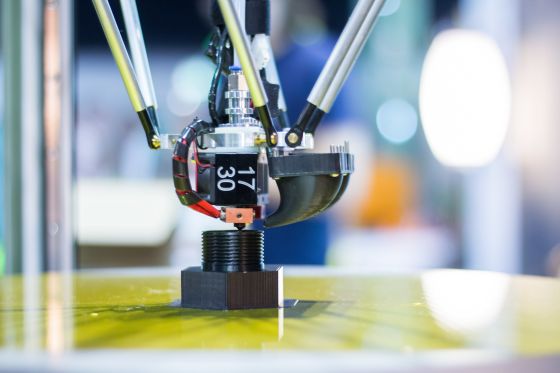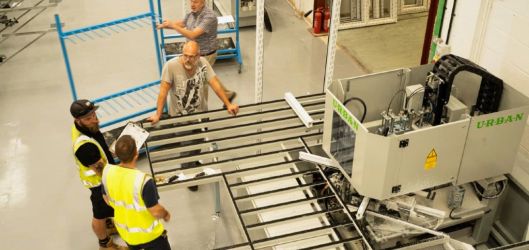
Reyher has launched its new 3D printing service, Reyher Rapid Prototyping (RRP), in a bid to improve component design, reduce development costs and shorten time-to-market.
The RRP enables the firm to produce a prototype complete functional model in line with customer requirements. The material can be plastic or metal, including steel, stainless steel, aluminium or titanium.
Additive manufacturing is ideal for complex geometries which cannot be achieved using conventional production methods.
Managing Director of Reyher, Klaus-Dieter Schmidt, said: "We accompany our customers with a competent team in the development or in the optimisation of an existing solution and allow a complete treatment of the construction."
The RRP has three development approaches for a variety of purposes. To develop a fastener, the team initially print the screw or nut required by the customer as a plastic sample part which is useful for joining trials.
Gary Lee Lauf, Head of Quality Planning at Reyher, explained: "If the prototype meets the customer's requirements then for mechanical tests or endurance testing a sample made of aluminium, steel stainless steel or titanium is produced."
According to the firm, for the development of a bolting technology it is improtant to optimise the design and reduce the complexity in the construction unit. 3D printing aims to produce a functional model of the form our of plastic or metal.
The third development approach for RRP is complete component substitution. "In the foreground is the question of whether and how many, single units joined together in a finished component can be transformed, in order to find an economically and technically impeccable solution," Lauf added.
The RRP team accompanies the customer step-by-step from the initial idea right up to the completed component. The test construction is based of CAD data of the customers' original functional model. The current status of the component to be optimised can be printed at every stage of the development, and reviewed for design, proportions and functionality.
Lauf continued: "We check the design and the proposed material preferably at the beginning of a project using software, not only for technical aspects, but also for economic feasibility. If necessary we optimise it."
Additive manufacturing and 3D printing seems to be on the rise of late, with The Bossard Group continuing its expansion in this area through the acquisition of a 30% share of Ecoparts AG based in Hinwil, Switzerland, last month.



